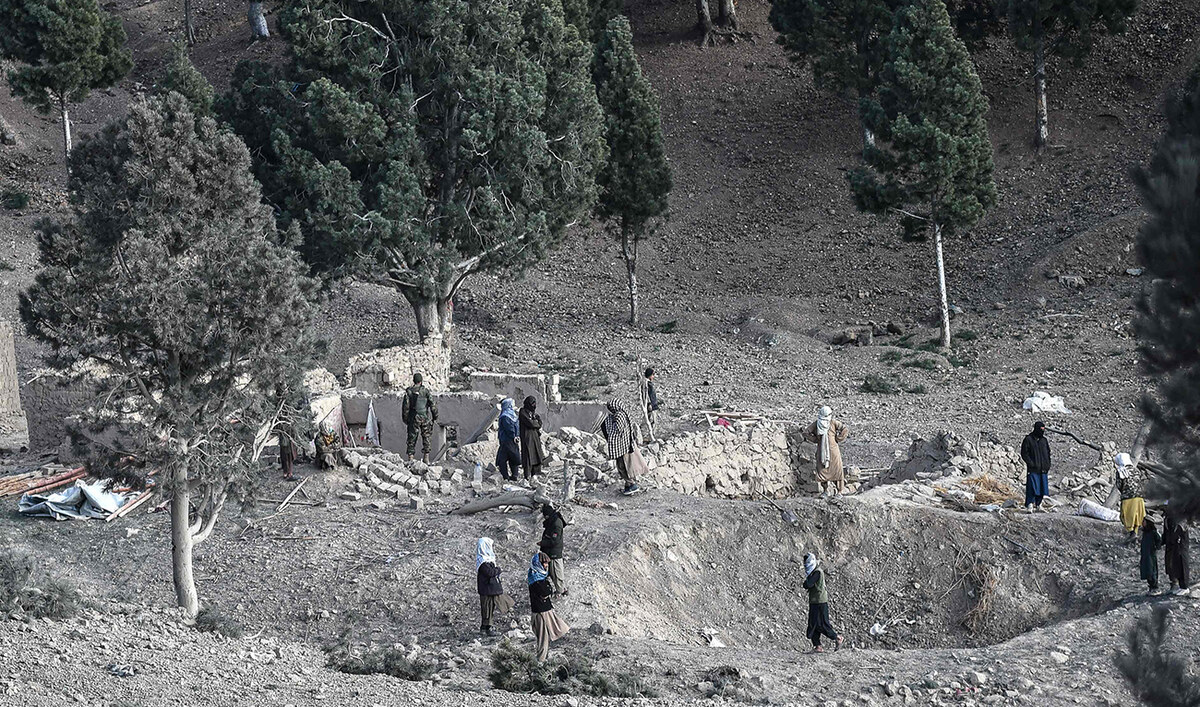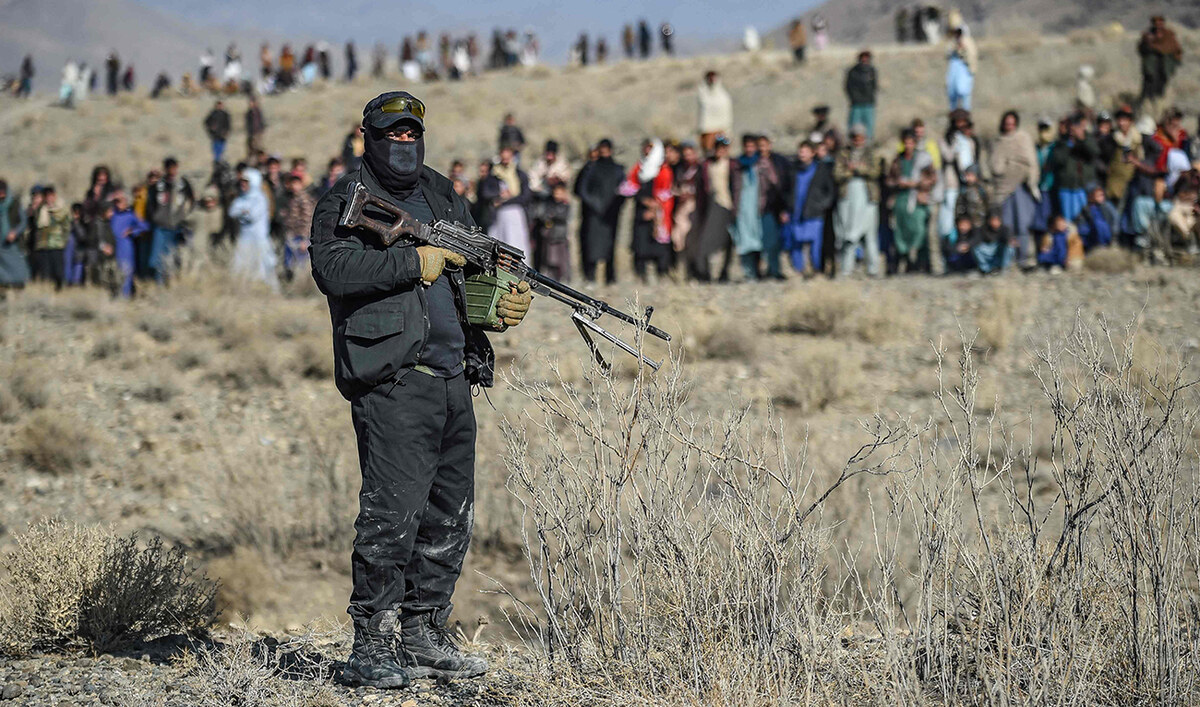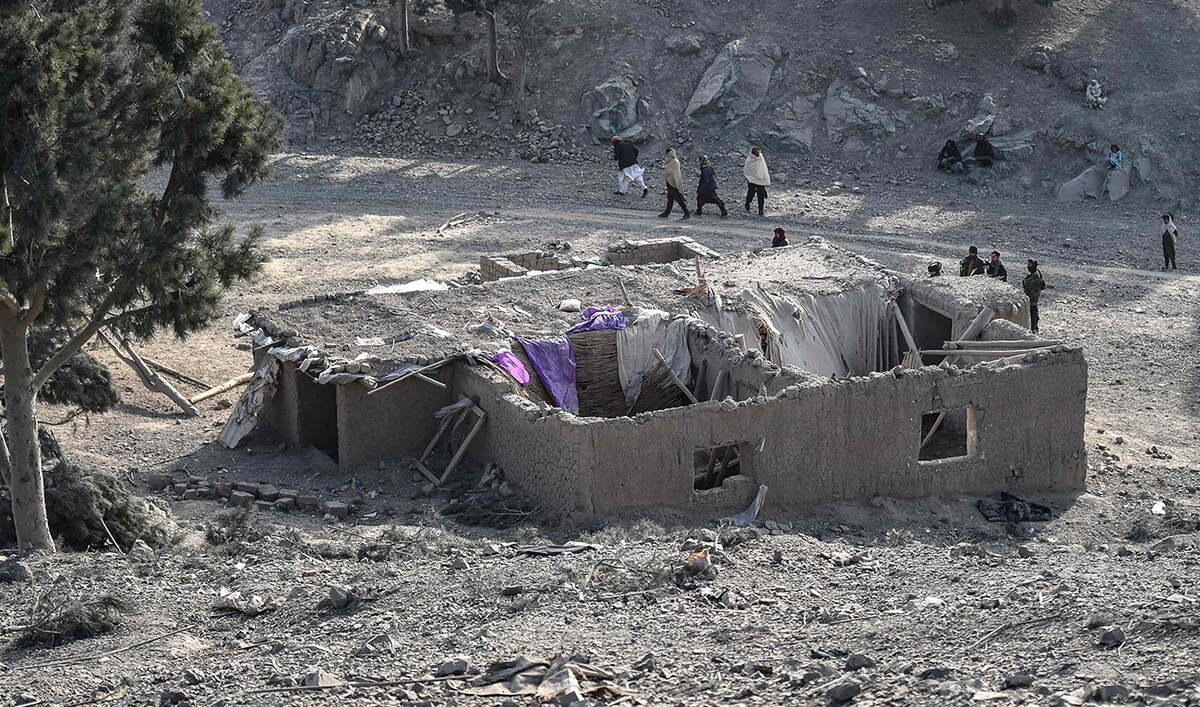KARACHI: Protests against high electricity bills continued in several parts of the country, including Pakistan’s commercial hub Karachi on Monday, with the city’s traders threatening to shutter their businesses if the government does not slash the cost of electricity in a country already suffering from high inflation.
The protests began in Karachi from August 17 after consumers started receiving exorbitant bills due to a Rs4.96 per unit power tariff hike imposed by Pakistan’s National Electric Power Regulatory Authority (NEPRA) . The move was part of a condition set by the International Monetary Fund (IMF) to approve a short-term $3 billion bailout package for the South Asian country.
After August 17, the protests spread from Karachi to other parts of the country, intensifying on Saturday and Sunday with angry protesters torching their electricity bills and demanding the government reverse the hike in the power tariff. The protests prompted Caretaker Prime Minister Anwaar-ul-Haq Kakar to chair an emergency meeting where he demanded reforms within 48 hours to tackle the issue of rising electricity costs.
Kakar is scheduled to hold another emergency meeting today, Monday, to discuss the crisis.
“We will continue our protest demonstration on Tuesday and if the government fails to address the tariff issue, we will observe a countrywide shutter down strike on August 31, 2023,” Ajmal Baloch, president of the All Pakistan Anjuman-e-Tajiran, a body of traders in the city, told Arab News.
Baloch said the government would have to withdraw extra charges it had imposed in electricity bills, adding that the new rates were too costly for the entire nation.
“I have an electricity bill [for July] of a fellow trader who consumed just 10 units but he has been charged over Rs6,000 ($19.77),” Baloch said.
Another consumer, Muhammad Rizwan, said he was charged Rs1,501.56 ($4.95) in his electricity bill for the month of July for consuming only two units. The inclusion of various taxes in the bill, including tariff adjustments, increased the amount to Rs3,747 ($12.34). Rizwan showed a copy of the bill to Arab News.
Kashif Chaudhry, president of the Markazi Tanzeem-e-Tajran Pakistan, a central body of traders, announced the body’s decision to protest against the excessive hike in fuel and electricity rates.
“If the government fails to address this issue, we are going to observe a countrywide shutter down strike on September 2 to force the rulers to withdraw oppressive high electricity and fuel rates,” he told Arab News.
Atiq Mir, Chairman of the All Karachi Tajir Ittehad, an umbrella of major business associations in Karachi, demanded tax-free bills. “Protests will continue across Pakistan until the issue is resolved and we want the government to remove all taxes and charge [customers] only for the consumption of electricity,” Mir told Arab News.
Mir was among a group of traders that met Haq last week in Karachi. He added that the caretaker prime minister was informed about the seriousness of the situation following the hike in power tariffs.
“I told the PM that the current situation is very depressing and if remedial actions are not taken, it could lead to anarchy in the country,” Mir said. “Karachi has awakened the country and the protests will continue till the issue is resolved.”
Senior Pakistani economist Ali Khizar, however, believes the government would have to resort to revenue collection measures to create fiscal space as it remains in the IMF’s program.
“The government has to show only the fiscal side to the IMF and if you are coming up with a subsidy, you will have to collect revenue to fill that gap,” Khizar told Arab News.
“The fund says you should not leave fiscal space vacant as it leads to a circular debt surge and that is what the IMF does not want,” Khizar explained. “It is difficult but they will have to do something to address public woes.”
He called for suspending the supply of cheap or free electricity to the privileged lot, reforms to reduce losses of power distribution companies, and restructuring high-capacity payments.



















